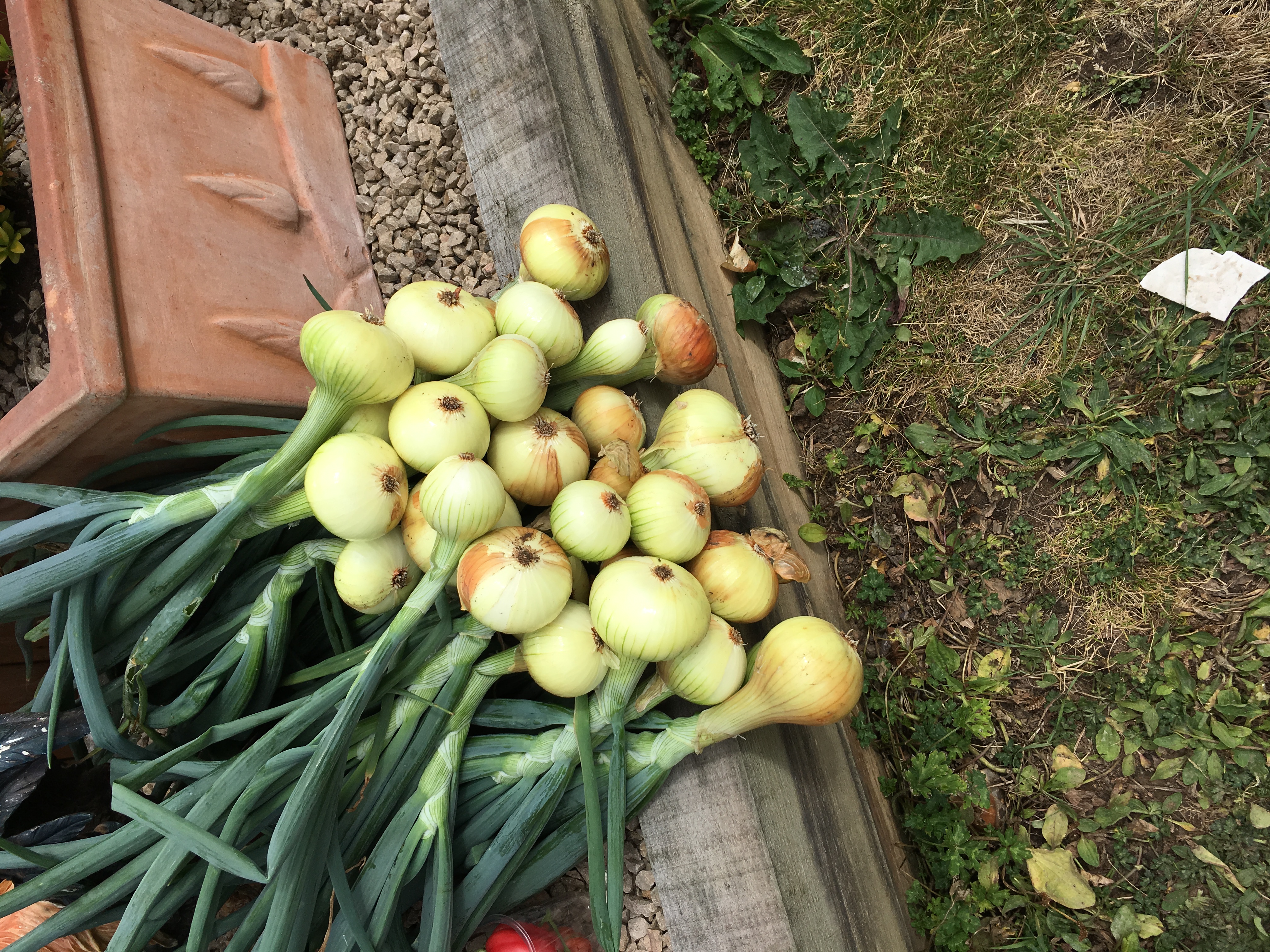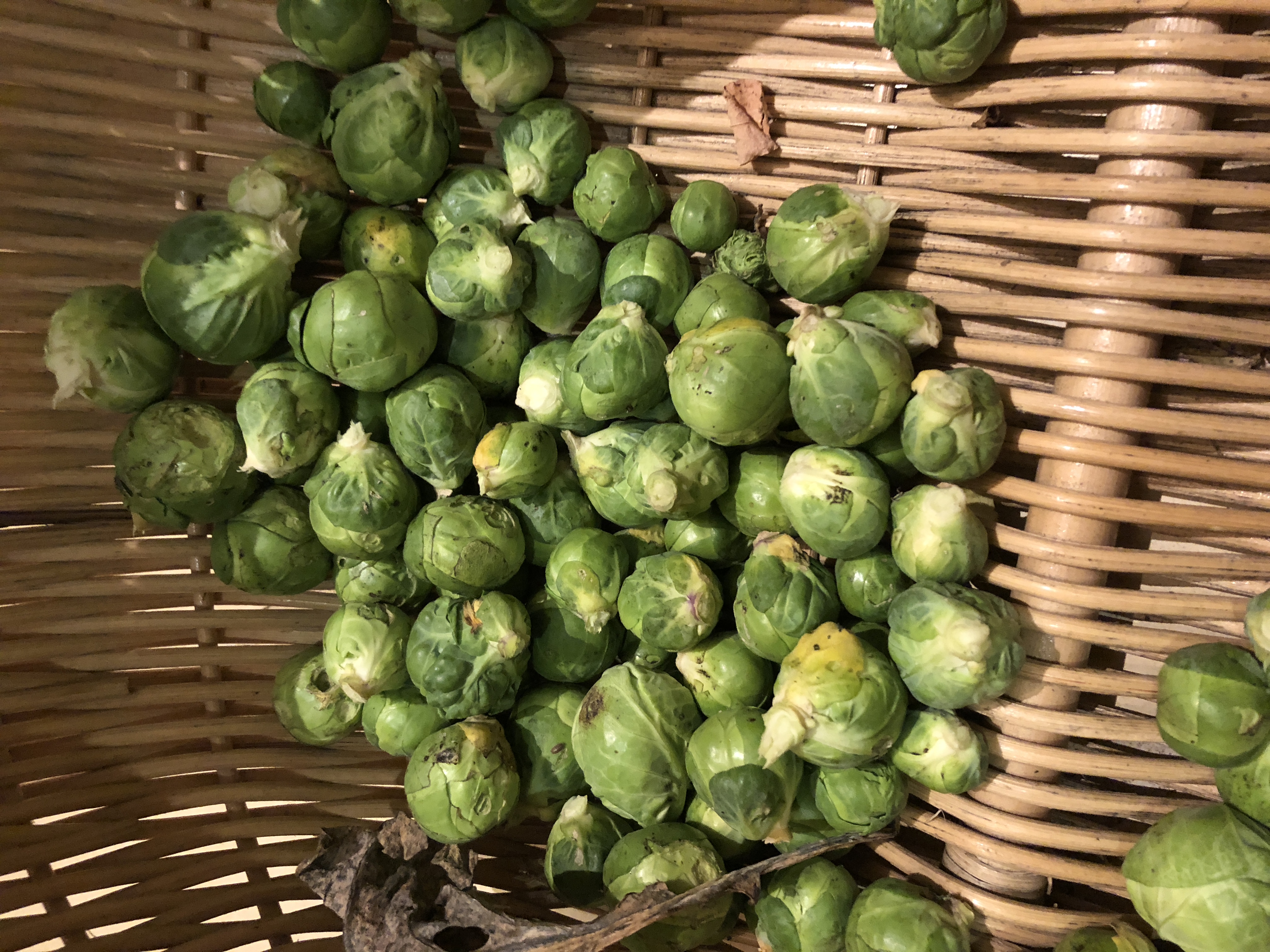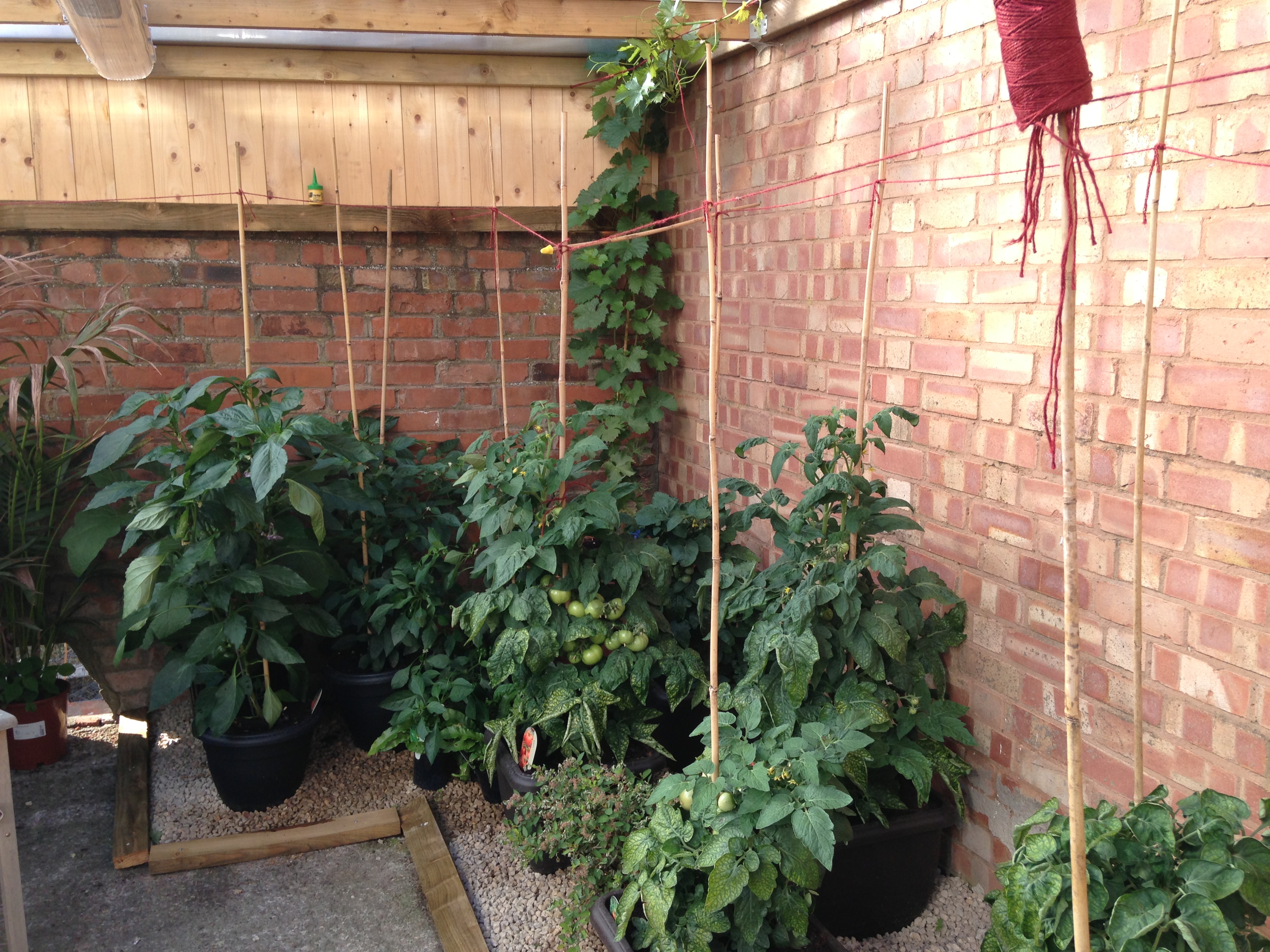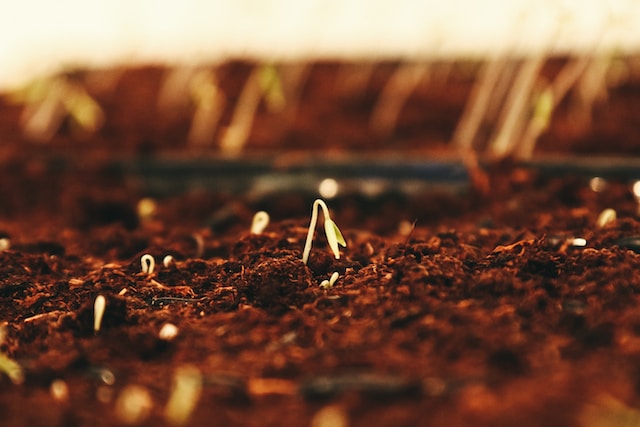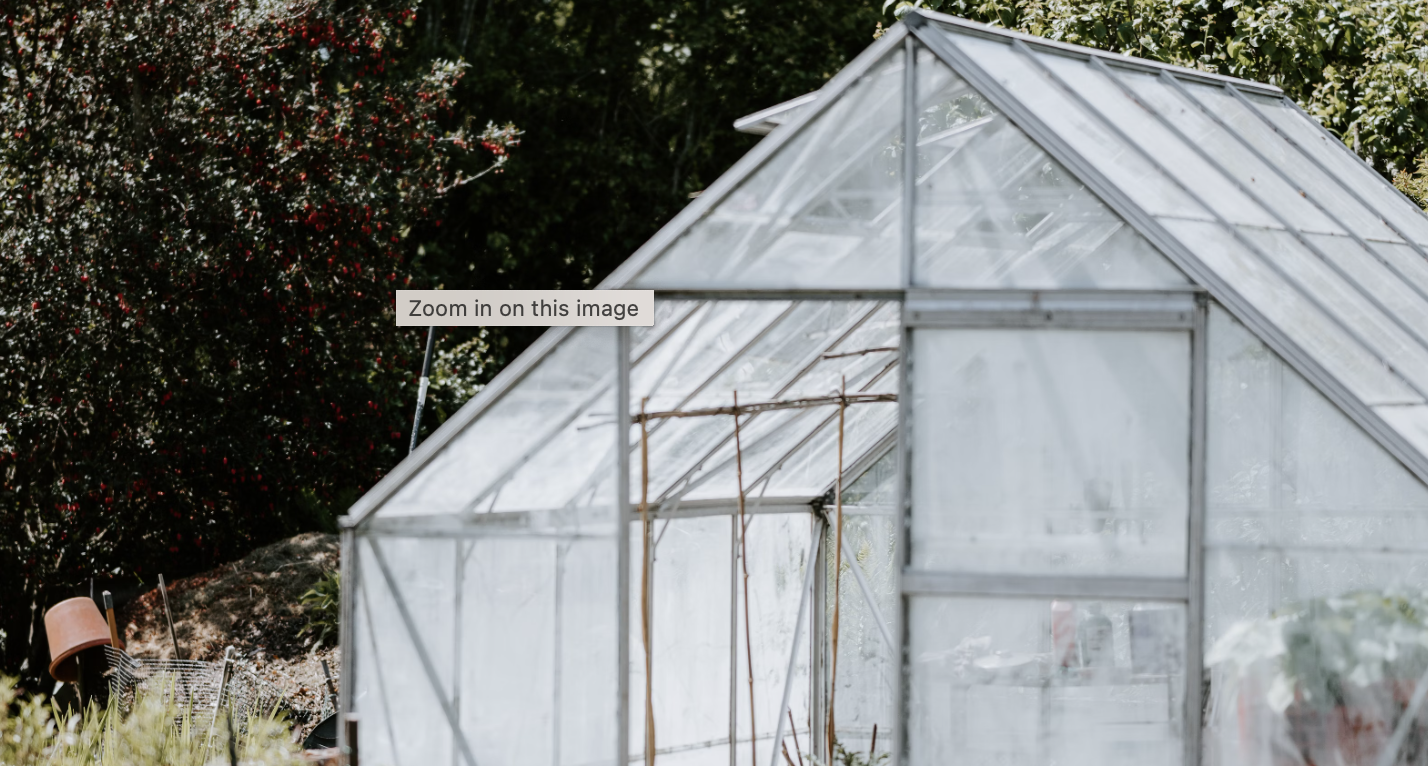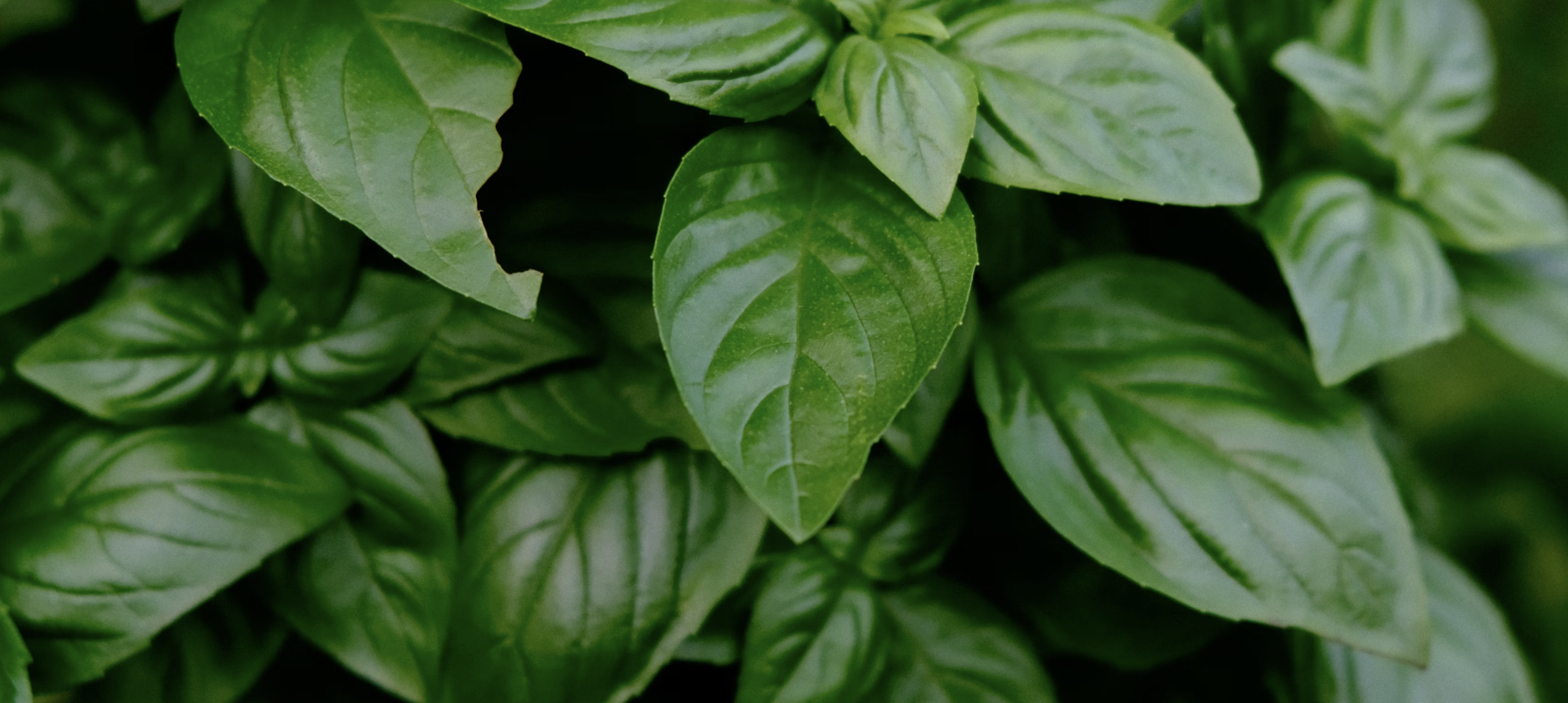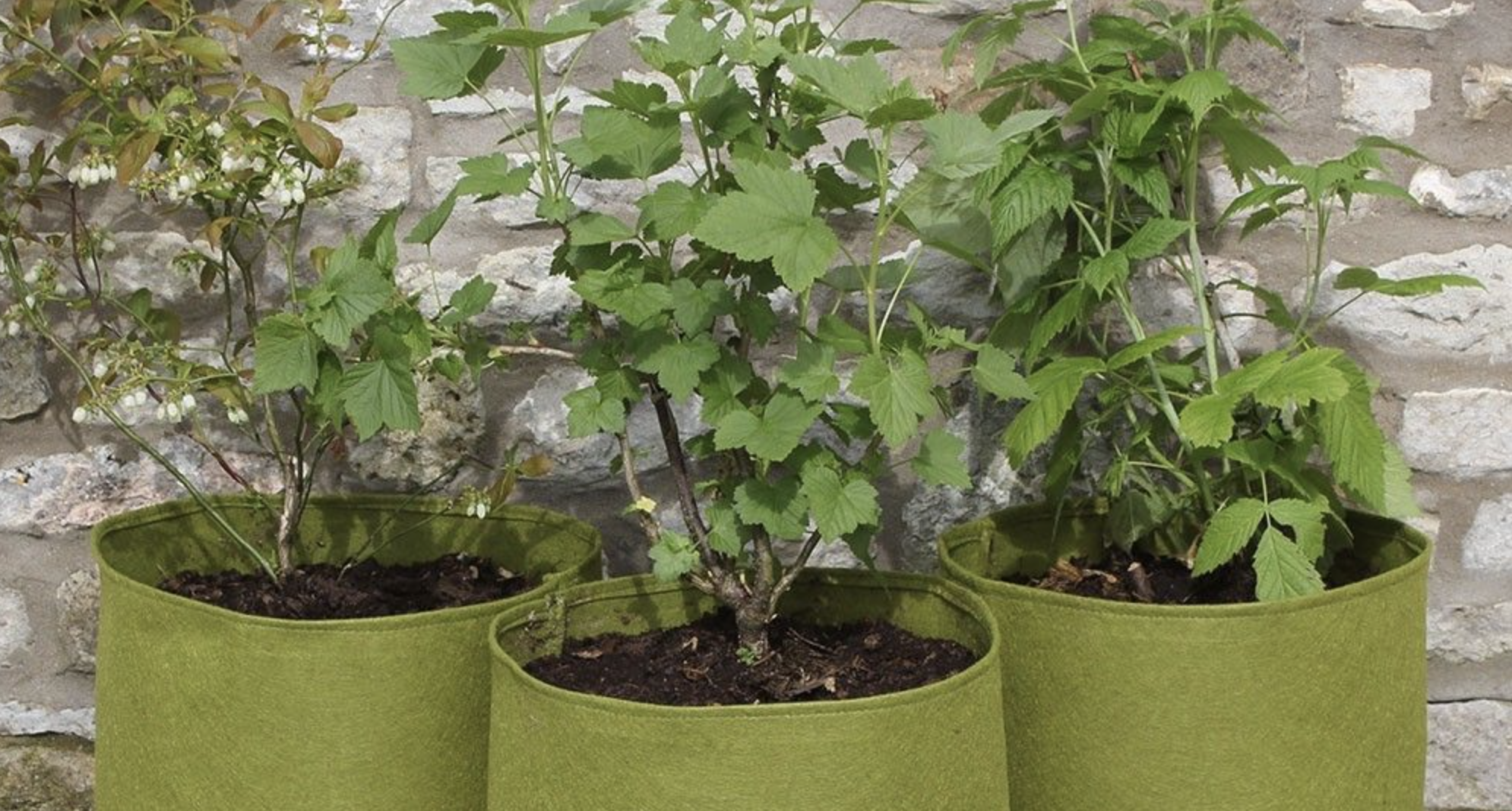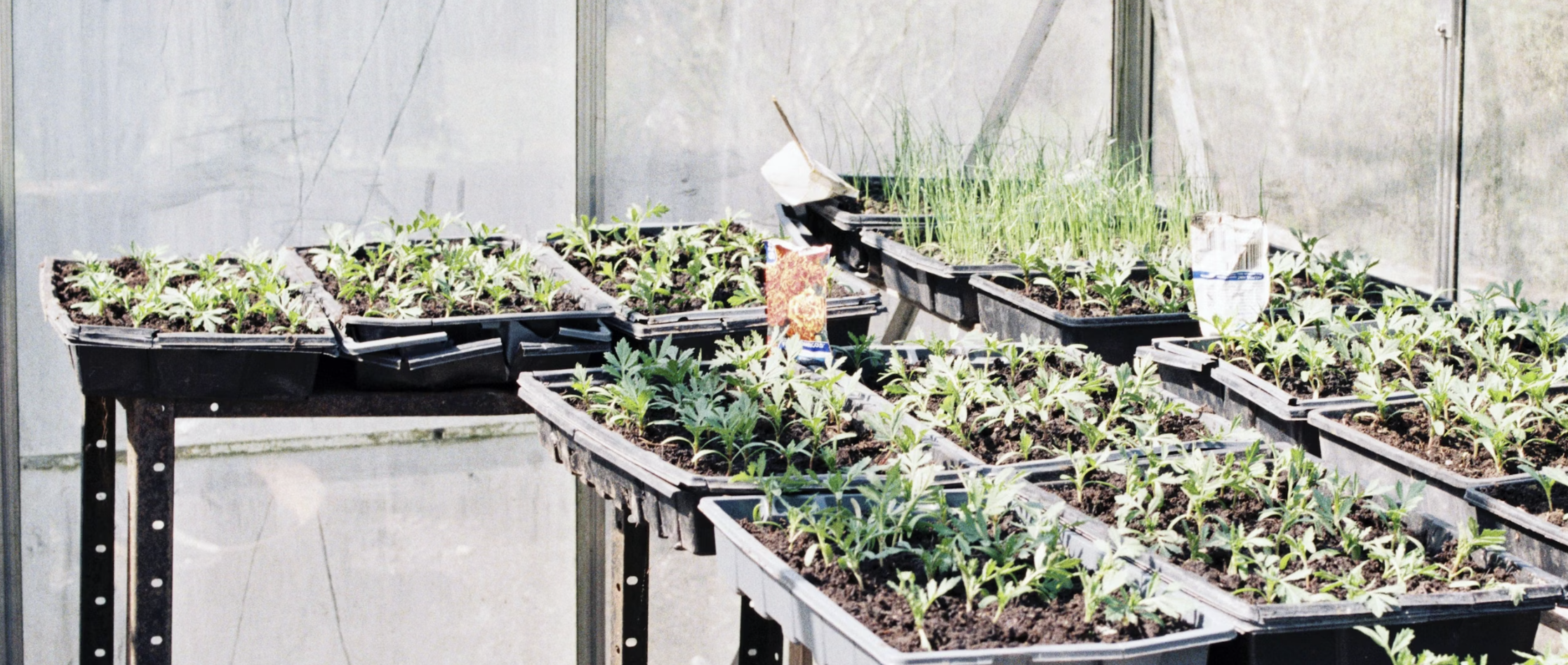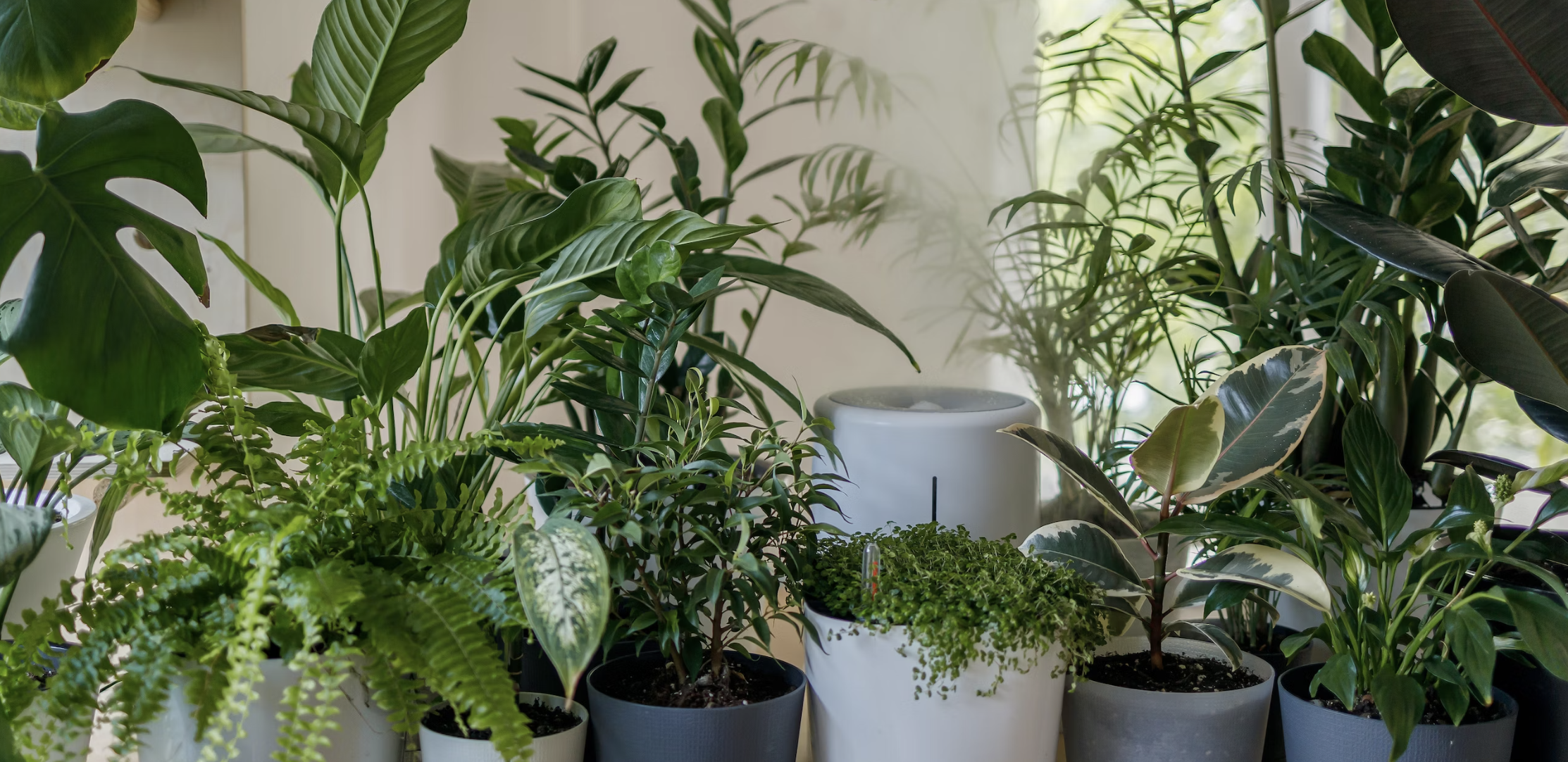
Step into a world where gardening becomes a community affair, where neighbors gather to grow vegetables and nurture friendships. Joining an allotment society offers more than just access to a plot of land; it opens the door to a flourishing social network. In this article, we will delve into the social benefits of participating in an allotment society and how it can bring joy and fulfillment to members.
Being part of an allotment society allows individuals to connect with like-minded gardeners who share a passion for nature and sustainable living. Through regular meetings, workshops, and events, members have the opportunity to enhance their gardening skills, exchange tips, and build lasting relationships.
The social aspect of an allotment society creates a sense of belonging and camaraderie, fostering a supportive community where everyone can learn and grow together. The shared experience of tending to the earth and watching seeds transform into a bountiful harvest strengthens the bond among members and provides a source of immense satisfaction.
Joining an allotment society is not just about cultivating a beautiful garden; it's about cultivating connections and harvesting joy. Come discover the social benefits that await you when you become part of this vibrant gardening community.
The social benefits of joining an allotment society
Connecting with Like-minded Individuals
In today's fast-paced world, finding people who share the same interests and values can be challenging. However, joining an allotment society provides the perfect opportunity to connect with like-minded individuals who are passionate about gardening and sustainable living. Whether you are a seasoned gardener or a beginner, you will find a diverse group of people who are eager to share their knowledge and experiences.
When you become part of an allotment society, you enter a community where gardening is not just a hobby but a way of life. The shared love for nature and the desire to grow your own food creates an instant connection among members. Through regular meetings and gatherings, you can engage in meaningful conversations, exchange gardening tips, and develop friendships that extend beyond the allotment plot. The sense of belonging that comes from being part of a community of gardeners is truly priceless.
Building a Sense of Community
An allotment society is more than just a group of individuals with a common interest; it is a tight-knit community that supports and uplifts its members. The act of working together towards a common goal, such as tending to the land and growing vegetables, fosters a sense of camaraderie and teamwork. The bond formed through shared experiences creates a strong foundation for a supportive community.
In an allotment society, members often come together to help one another with tasks such as clearing weeds, preparing the soil, or harvesting crops. This collaborative effort not only eases the workload but also strengthens the relationships among members. The feeling of being part of something bigger than yourself, where everyone contributes and benefits, creates a sense of unity and purpose.
Sharing Knowledge and Learning from Others
One of the most valuable aspects of joining an allotment society is the opportunity to learn from experienced gardeners. Whether you are a novice or an expert, there is always something new to discover and share. Members of an allotment society are usually more than willing to impart their wisdom and offer guidance to those who are just starting out.
Through workshops, demonstrations, and informal gatherings, you can expand your gardening skills and develop a deeper understanding of various horticultural practices. From composting techniques to pest control methods, there is a wealth of knowledge waiting to be explored within the allotment community. The exchange of ideas and techniques not only enriches your own gardening journey but also strengthens the collective expertise of the society as a whole.
Improving Mental Well-being through Gardening
Gardening has long been recognized for its therapeutic benefits, and joining an allotment society takes this to a whole new level. The act of nurturing plants and watching them grow can be incredibly rewarding and fulfilling. It provides a sense of purpose and accomplishment that can boost your overall mental well-being.
Spending time in nature has a calming effect on the mind and can help reduce stress and anxiety. The physical activity involved in gardening releases endorphins, which are known as "feel-good" hormones that promote a positive mood. The sense of achievement that comes from seeing your hard work translate into a flourishing garden can also boost self-esteem and confidence.
Moreover, being part of an allotment society provides a support system that can help you navigate through life's challenges. The friendships and connections formed within the community offer a sense of belonging and a shoulder to lean on when needed. The combination of nature, purposeful activity, and social interaction makes joining an allotment society a powerful tool for improving mental well-being.
Participating in Community Events and Activities
An allotment society is not just about gardening; it is a vibrant community that organizes various events and activities throughout the year. From seed swaps and plant sales to harvest festivals and garden tours, there is always something exciting happening within the society. These events provide opportunities to socialize, meet new people, and celebrate the collective achievements of the community.
Participating in community events not only strengthens the bond among members but also promotes a sense of pride and belonging. It allows you to showcase your gardening skills, share your knowledge with others, and contribute to the overall success of the society. The joy and fulfillment that come from being an active participant in these events are immeasurable.
Promoting Sustainable Living and Environmental Awareness
Joining an allotment society goes beyond personal benefits; it is also a way to contribute to sustainable living and environmental awareness. By growing your own food and adopting organic gardening practices, you reduce your carbon footprint and minimize your reliance on mass-produced, chemically treated produce.
Allotment societies often prioritize sustainable gardening methods, such as composting, rainwater harvesting, and companion planting. By implementing these practices, members not only create healthier and more productive gardens but also contribute to the preservation of biodiversity and the protection of the environment.
Furthermore, allotment societies often engage in community outreach programs, such as educational workshops and school visits, to promote sustainable living and environmental awareness. By sharing their knowledge and experiences with the wider community, allotment society members become advocates for a greener and more sustainable future.
Connecting with like-minded individuals
Now that you understand the social benefits of joining an allotment society, you may be wondering how to get involved. The process is relatively simple and varies depending on your location. Here are a few steps to help you get started:
1. Research local allotment societies in your area: Start by researching and identifying the allotment societies in your vicinity. Look for ones that align with your interests and values.
2. Contact the society and express your interest: Reach out to the society's representative and express your interest in joining. They will provide you with information on how to proceed, including any membership fees or requirements.
3. Visit the allotment site: Arrange a visit to the allotment site to get a feel for the community and the available plots. Take the opportunity to meet existing members and ask any questions you may have.
4. Complete the necessary paperwork: Once you have decided to join a specific allotment society, you will need to complete any required paperwork, such as membership forms and agreements.
5. Attend orientation and induction sessions: Many allotment societies offer orientation and induction sessions for new members. These sessions provide valuable information on the rules and regulations of the society, as well as practical gardening advice.
6. Start gardening and connecting with the community: Once you have secured your plot, it's time to start gardening and immersing yourself in the community. Attend meetings, participate in events, and engage with fellow members to make the most of your allotment society experience.
Building a sense of community
Joining an allotment society is not just about cultivating a beautiful garden; it's about cultivating connections and harvesting joy. The social benefits of participating in an allotment society are immense, from connecting with like-minded individuals to building a sense of community and improving mental well-being.
By joining an allotment society, you become part of a vibrant and supportive community that shares a passion for nature, sustainable living, and gardening. The friendships and relationships formed within the society provide a sense of belonging and bring immense joy and fulfillment.
So, if you are looking to enhance your gardening skills, meet new people, and contribute to a sustainable future, consider joining an allotment society. Step into a world where gardening becomes a community affair, and together, we can grow not just vegetables, but also a flourishing social network.
Sharing knowledge and learning from others
Being part of an allotment society allows individuals to connect with like-minded gardeners who share a passion for nature and sustainable living. Through regular meetings, workshops, and events, members have the opportunity to enhance their gardening skills, exchange tips, and build lasting relationships.
Gardening is no longer a solitary activity, but a shared experience that fosters a sense of belonging and camaraderie. When working side by side with fellow allotment society members, there is a shared understanding and appreciation for the challenges and joys of cultivating the land. This shared experience strengthens the bond among members and provides a source of immense satisfaction.
Joining an allotment society is not just about cultivating a beautiful garden; it's about cultivating connections and growing together as a community. By working together towards a common goal, members create a support system that extends beyond the garden and into various aspects of their lives.
Improving mental well-being through gardening
One of the most significant advantages of joining an allotment society is the opportunity to learn from experienced gardeners. Within the society, there is a wealth of knowledge and expertise that can be tapped into. Whether it's learning about crop rotation, pest control, or organic gardening methods, members can benefit from the collective wisdom of the group.
Through workshops and informal gatherings, members can share their own gardening experiences and exchange tips and tricks. The knowledge-sharing aspect of the allotment society creates a vibrant learning environment where novices can learn from seasoned gardeners and experienced individuals can discover fresh perspectives.
By engaging in this exchange of knowledge, members not only improve their gardening skills but also contribute to the overall growth and development of the allotment community. The sense of fulfillment that comes from sharing knowledge and seeing others succeed is immeasurable.
Participating in community events and activities
Gardening has long been recognized for its positive impact on mental well-being. The act of tending to plants and nurturing them from seed to harvest can be incredibly therapeutic. Joining an allotment society takes this therapeutic aspect to another level.
Working in an allotment provides an opportunity to disconnect from the stresses of daily life and immerse oneself in nature. The sights, smells, and sounds of the garden create a serene and calming environment that promotes relaxation and reduces anxiety. The physical activity involved in gardening also releases endorphins, which are known to boost mood and reduce feelings of depression.
Moreover, being part of an allotment society means having a support system that understands and appreciates the mental health benefits of gardening. Members can freely discuss their experiences and challenges, knowing that they are in a non-judgmental environment where empathy and understanding prevail. The sense of belonging and acceptance within the allotment community further contributes to improved mental well-being.
Promoting sustainable living and environmental awareness
Allotment societies are not just about gardening; they are vibrant communities that organize a range of events and activities throughout the year. From summer picnics and barbecues to seed swaps and plant sales, there is always something happening within the allotment society.
These events provide opportunities for members to come together, celebrate their shared love for gardening, and forge deeper connections. Whether it's a workshop on composting techniques or a guest speaker discussing sustainable farming practices, these events offer valuable learning experiences and inspire members to explore new aspects of gardening.
Participating in community events also extends beyond the boundaries of the allotment society. Allotment societies often collaborate with other community groups, schools, or local businesses to organize larger-scale events such as garden tours or open days. These collaborations not only promote the benefits of gardening but also strengthen the ties between the allotment society and the broader community.
How to join an allotment society
Joining an allotment society aligns with the principles of sustainable living and environmental awareness. By cultivating their own food, members reduce their reliance on store-bought produce, which often involves excessive packaging and long-distance transportation. This promotes a more sustainable and environmentally friendly lifestyle.
Allotment societies also provide a platform for members to experiment with organic and permaculture gardening methods. By adopting these practices, members minimize the use of synthetic pesticides and fertilizers, thereby reducing their impact on the environment and supporting biodiversity.
Furthermore, allotment societies often actively engage in community projects focused on environmental conservation. These projects could include creating wildlife habitats, planting native species, or implementing water-saving techniques. By participating in these initiatives, members contribute to the larger goal of protecting and preserving the natural environment for future generations.
You can join the National Society of Allotment & Leisure Gardeners.
Conclusion: The joy of growing together in an allotment society.
Joining an allotment society is a simple process that varies depending on your location. Start by researching local allotment societies in your area. Look for contact information or visit their websites to learn more about their activities and membership requirements.
Most allotment societies have a membership fee, which helps cover the cost of maintaining the communal areas, organizing events, and providing resources for members. Some societies may have a waiting list for available plots, so it's advisable to reach out and express your interest as soon as possible.
Once you become a member, you will receive guidance on plot allocation, gardening regulations, and any other specific rules of the allotment society. Embrace this new chapter in your gardening journey, and get ready to experience the joys of growing together in a vibrant allotment community.




